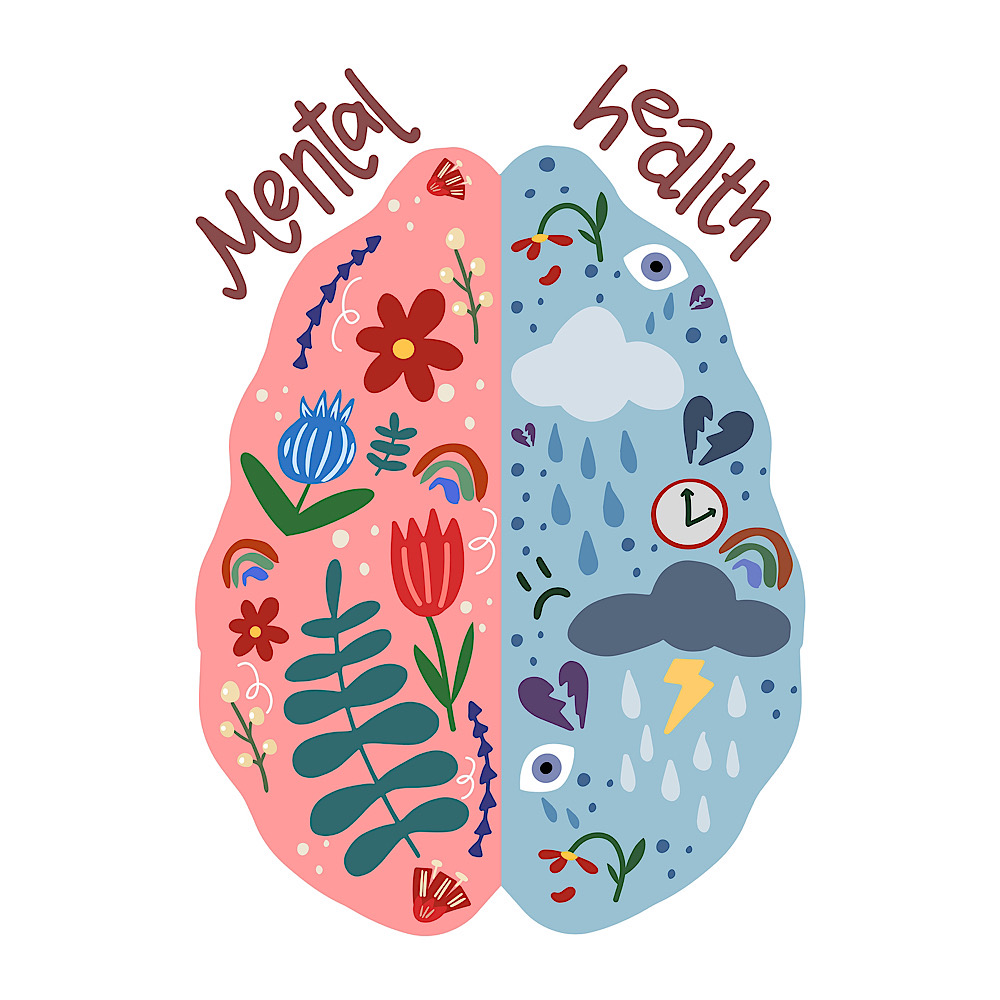Are you struggling with symptoms of hormone imbalance like mood swings, weight gain, low libido, hot flashes, or fatigue? Many people just accept hormonal imbalance as part of aging. When often, there are one or even two sneaky culprits to blame: mold and parasites.
addressing parasites
Parasites are often the most overlooked cause of digestive and hormonal problems. If you cringe and think it could never happen to you, you are not alone. According to renowned parasitologist Dr. Omar M. Amin, 30% of us are hosts to parasites. What I have found in my practice is that if someone has completed the Elimination Diet, removed all food triggers, improved stomach acid levels, eradicated Candida, ruled out intestinal infections such as SIBO, and still faces digestive issues, parasites are a likely culprit.
• The biggest problem with properly diagnosing parasites is the failure of conventional medicine to create accurate testing methods. The tests available now often return false negative results.
• Why do parasites create such extensive trouble in the human body? How do they impact our hormonal health? Parasites are known to produce toxic substances that can impair our brain function and create communication misfiring between the endocrine glands, which can stifle the production of hormones. Parasites can have a debilitating impact on the ovaries, which produce estrogen and progesterone. Parasites can create havoc in the digestive system that leads to chronic diarrhea, constipation, IBS, leaky gut, bloating, gas, mucus in the stool and digestive pains. People who are sensitive to many foods, often turn out to have untreated parasites.
• But there could be even more symptoms that go undiagnosed. Many individuals who are labeled by their doctors as “difficult cases” or “hypochondriacs” often are simply victims of undiagnosed parasitic infections. The presence of parasites can manifest in a plethora of other symptoms, such as fatigue, skin disorders (dry, itchy skin, nose, or anus; rashes; eczema; sores), mood and anxiety problems, sleep disturbances (insomnia, teeth grinding, bed wetting, drooling), weight and appetite problems (parasites feast on nutrients, making us depleted and therefore causing excessive eating), muscle and joint pains, weakened immune systems, and even unclear vision, body odor, and bad breath.
• The list of symptoms related to parasites is long and can be connected to many other conditions. If you suspect a parasite may be the last unsolved piece of your health puzzle, try a 4- to 6-week herbal treatment that contains herbs like wormwood, cloves, and black walnut (26-herbs para-cleanse). If you have parasites, you will feel much better after the treatment. If you do not, your symptoms will persist, but the herbs will do no harm.
addressing mold
Now let’s focus on mold and your hormones. Toxic mold can wreck your hormones, no matter how healthy your diet and lifestyle are. This article will cover three ways mold toxicity can impact your hormones and offers a helpful resource to find out if it could be affecting you.
Mold & Sex Hormones
For women, mold toxicity may cause imbalances between progesterone and estrogen or just overall low levels of progesterone, testosterone estrogen, and DHEA. Therefore, women can experience various medical conditions such as infertility, irregular cycles, endometriosis, premenstrual syndrome or PMS, and a depressed mood. Similarly, mold toxicity can cause low testosterone levels for men, which causes low libido and motivation. Simultaneously, elevated estrogen may lead to female features such as weight gain.
Can mold affect your menstrual cycle?
Mold exposure can cause many medical conditions such as cognitive and mood disorders, chronic fatigue, and hormone disruptions in several people. This can, in turn, lead to early menopause, heavy periods, severe PMS, erectile dysfunction in men, infertility, night sweats in men and women, extreme fatigue, and thyroid dysfunctions, including sudden weight changes, diabetes, and Hashimoto’s disease.
Can black mold cause miscarriage?
No studies have established a direct link between mold to a congenital disability or miscarriage. However, specific anecdotal evidence connects the two. Sometimes it might just be a coincidence that you have a miscarriage while your home has the presence of mold. However, it would be irresponsible to expose pregnant women to mold because it has been linked to allergies, asthma, sinus infections, etc., in non-pregnant people.
Is mold an endocrine disruptor?
Researches have shown that mold is incredibly toxic to the endocrine system. Additionally, it can also lead to thyroid disorders that can go undetected for years. That’s because, in such cases, the thyroid lab tests will often show normal thyroid function. However, the patient will be symptomatic. Physicians generally need to evaluate for autoimmune thyroid disease in these patients to be identified and treated correctly.
Does mold affect your thyroid?
Yes. As stated earlier, mold is an endocrine disruptor, and so it can also affect your thyroid. Additionally, remember that people who already have a thyroid condition may be more susceptible to mold exposure. If the immune system and gastrointestinal system are stressed from mold, this can cause autoimmune thyroid conditions.
Can mold grow in your lungs?
Exposure to Aspergillus fumigatus (one type of mold) may not cause problems to people with healthy immune systems. However, people with weak immune systems who also have chronic lung problems are at greater risk for developing pulmonary aspergillosis when exposed to Aspergillus fumigates. This is a condition where mold can grow in the patient’s lungs because they have abnormal spaces in their lungs.
What does mold do to the brain?
It is well known that mold exposure heightens the risk for respiratory diseases. However, there is a possibility that mold toxicity can impact brain health and cause cognitive issues. Today, no conclusive scientific research has linked mold exposure to dementia. Nevertheless, substantial case studies suggest that mold exposure may contribute to cognitive impairment for people vulnerable to mold toxicity.
Can Mold Make You Crazy?
While chemical imbalances and trauma can often cause mental conditions, recent studies have shown mold can also lead to such disorders. Mold inhalation activates an inborn response in some people triggering microglial activation that might lead to behavioral dysfunction.
Neurological Symptoms of Mold Exposure
Mold toxicity is an underdiagnosed condition that can manifest itself in different ways. Symptoms manifested by mold toxicity that are exclusively psychiatric include anxiety, attention disorders, depression, brain fog, and insomnia. While there are no conclusive epidemiological studies connecting mold exposure to dementia available at present, some case studies indicate that mold exposure can lead to cognitive impairment in a subset of vulnerable people.
Can Mold Exposure Cause Nerve Damage?
Exposure to heavy mold growth has been linked with various peripheral and central nerve problems. This includes headaches, concentration and memory troubles, postural imbalance, tremors, and distal numbness weakness.
How Toxic Mold Exposure Affects Your Brain
When your brain is exposed to toxic indoor mold and mycotoxins, it can show cognitive impairments. Other effects of mold exposure on the brain include chronic fatigue, neurodegenerative diseases, autism, psychosis, depression, anxiety, and traumatic brain injury.
Is Mold Exposure Reversible?
Yes, mold exposure is reversible. As you destroy the mold and the number of organisms in your body decreases, mold exposure symptoms begin to subside, and you will start to feel better. However, the recovery time may vary from person to person. Recovery time can range between six months to a year and a half.






